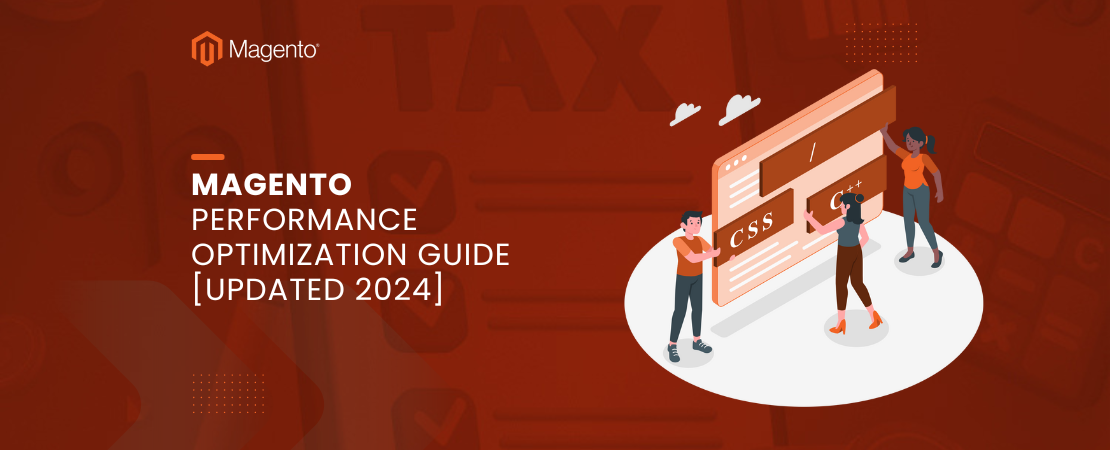Choosing the right hosting environment is crucial for the success of your Magento e-commerce store. Magento, known for its robustness and scalability, requires a hosting solution that can handle its complexity with ease. In this article, we’ll explore the key hosting requirements you need to consider to ensure your Magento store operates at optimum performance levels.
Reliable Server Uptime
A trustworthy hosting provider should guarantee at least 99.9% uptime. Frequent downtimes can lead to lost sales and damage your store’s reputation. When selecting a hosting service, prioritize those that offer a high uptime guarantee, ensuring that your store is always available to your customers.
Enhanced Performance with SSD
Solid State Drive (SSD) hosting is a must-have for Magento stores. SSDs are significantly faster than traditional hard drives, which means quicker load times for your web pages. This is vital for enhancing the user experience and improving search engine rankings, as page speed is a known SEO ranking factor.
Adequate Server Resources
Magento is resource-intensive, so it’s essential to choose a hosting plan that offers sufficient RAM and CPU power to handle your store’s load, especially during peak traffic times. For small to medium-sized stores, at least 2 GB of RAM is recommended, while larger stores may require 4 GB or more to ensure smooth performance.
Scalability for Traffic Spikes
E-commerce sites often experience sudden spikes in traffic during sales or promotional events. Your hosting provider should offer scalability options such as cloud hosting, which allows you to scale resources up or down based on your current needs without any downtime.
Advanced Security Measures
Magento stores are a target for cyber-attacks due to the sensitive nature of customer data they handle. Your hosting should include robust security features like firewalls, SSL certificates, regular malware scans, and the provision for secure FTP and SSH access to protect your site from threats.
Optimized for Magento
Some hosts offer services specifically optimized for Magento, which includes features like pre-installed Magento, optimized server configurations, and Magento-specific caching solutions like Varnish or Redis to improve performance.
Expert Support
Look for hosting providers that offer Magento-knowledgeable support. Having access to expert assistance 24/7 can be invaluable, especially if you encounter technical issues that require immediate attention.
Regular Backups
Data loss can be catastrophic for an e-commerce business. Ensure your hosting provider offers regular backups and easy recovery options to safeguard your data.
Developer-Friendly Tools
For customizing your Magento store, access to developer tools like Git, staging environments, and CLI access can be incredibly helpful. These tools make it easier for developers to work on your site and deploy changes safely.
Compliance with Magento System Requirements
Lastly, ensure the hosting environment complies with the system requirements of the Magento version you are using. This includes the correct versions of PHP, MySQL, and other required extensions.
By ensuring your hosting meets these requirements, you not only enhance the performance of your Magento store but also improve your customer’s shopping experience, which can lead to increased sales and customer loyalty.
For Magento store owners, choosing the right hosting provider is a pivotal decision. Remember, investing in quality hosting is investing in the foundation of your e-commerce success.




